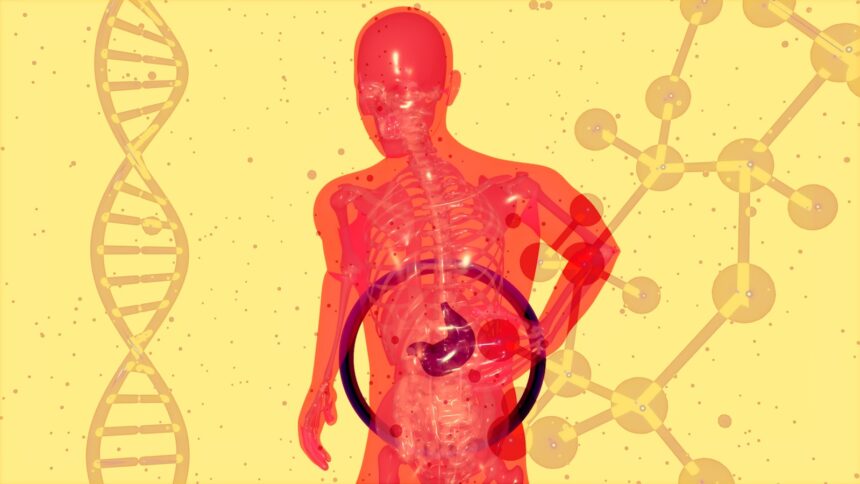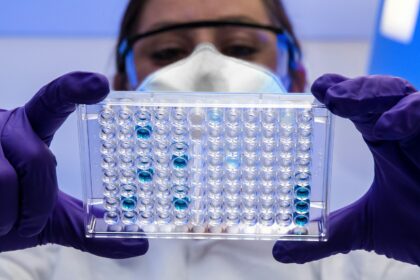Many people wonder what doctors actually eat to maintain their health and energy levels throughout the day. One well-known gastroenterologist has shared her daily meal plan, explaining which foods she chooses for breakfast, lunch, and dinner. Her choices focus on fiber, protein, and probiotics, all of which support digestion and overall well-being.
The doctor emphasizes that what you eat at each meal has a direct effect on energy, weight management, and gut health. By keeping meals simple yet nutrient-rich, you can avoid bloating, support a balanced microbiome, and reduce the risk of chronic diseases. This daily menu shows how easy it is to make healthier choices.
From a protein-rich morning start to a fiber-packed lunch and a hearty but balanced dinner, her approach demonstrates that eating for health does not have to be complicated. Instead, it is about making consistent decisions that nourish your body throughout the day.
Light and Nourishing Breakfast
According to Dr. Rabia de Latour, beginning the day with a light yet nutrient-dense meal is key. She starts with a glass of water to rehydrate after sleep, followed by two egg whites. Sometimes, she opts for whole eggs since the yolks contain valuable nutrients such as vitamin D, choline, lutein, and antioxidants that support both brain and eye health.
She also includes a cup of coffee. Studies published in the MDPI journal suggest that moderate coffee consumption supports gut health by boosting the number of beneficial bacteria in the intestines. Coffee also stimulates digestion, making it a healthy morning ritual when consumed in moderation.
However, the doctor warns against drinking more than five cups per day. Excessive intake can contribute to reflux, gum problems, and worsen conditions like Crohn’s disease. Balance, she says, is always important.
Fiber-Filled Lunch
For lunch, Dr. de Latour chooses plant-based meals rich in fiber. A typical choice might be a salad made with kale, quinoa, and apples. This combination provides vitamins, minerals, and a powerful dose of dietary fiber.
According to Catholic Health, fiber-rich foods expand in the stomach, helping you feel full faster and stay satisfied longer. They also regulate digestion and can play a role in maintaining a healthy weight. By choosing meals based on plants, you naturally reduce calorie intake while increasing nutrient density.
Adding different grains, legumes, or fresh vegetables makes these lunches both satisfying and supportive of gut function. It is also a way to ensure steady energy levels throughout the afternoon without heavy sluggishness.
Satisfying Dinner
Dinner, for many people, is the largest meal of the day, and this doctor approaches it with balance in mind. Her go-to dish is rice paired with cauliflower and lentils, topped with a spoonful of yogurt and some pickled vegetables.
This combination is powerful: lentils provide plant-based protein and fiber, cauliflower adds volume and nutrients, while yogurt and fermented vegetables contribute probiotics that support a healthy gut microbiome. These foods not only aid digestion but also keep you satisfied through the night.
Research from Biomed Central highlights that people who prepare meals at home more than five times per week consume more fruits and vegetables, have better diet quality, and lower risks of obesity. Home-cooked meals like these are not just healthier but also give you full control over ingredients.
Final Thoughts on Eating Well
The gastroenterologist’s daily routine shows that you do not need fancy diets or complicated recipes to eat healthily. Her meals focus on three key elements: adequate fiber to aid digestion, enough protein to maintain strength and energy, and probiotics to protect gut balance.
By following these principles, you can create your own simple and nourishing meal plan. The real secret is consistency. Small, intentional choices at breakfast, lunch, and dinner add up to long-term benefits for both your digestive system and your overall health.










